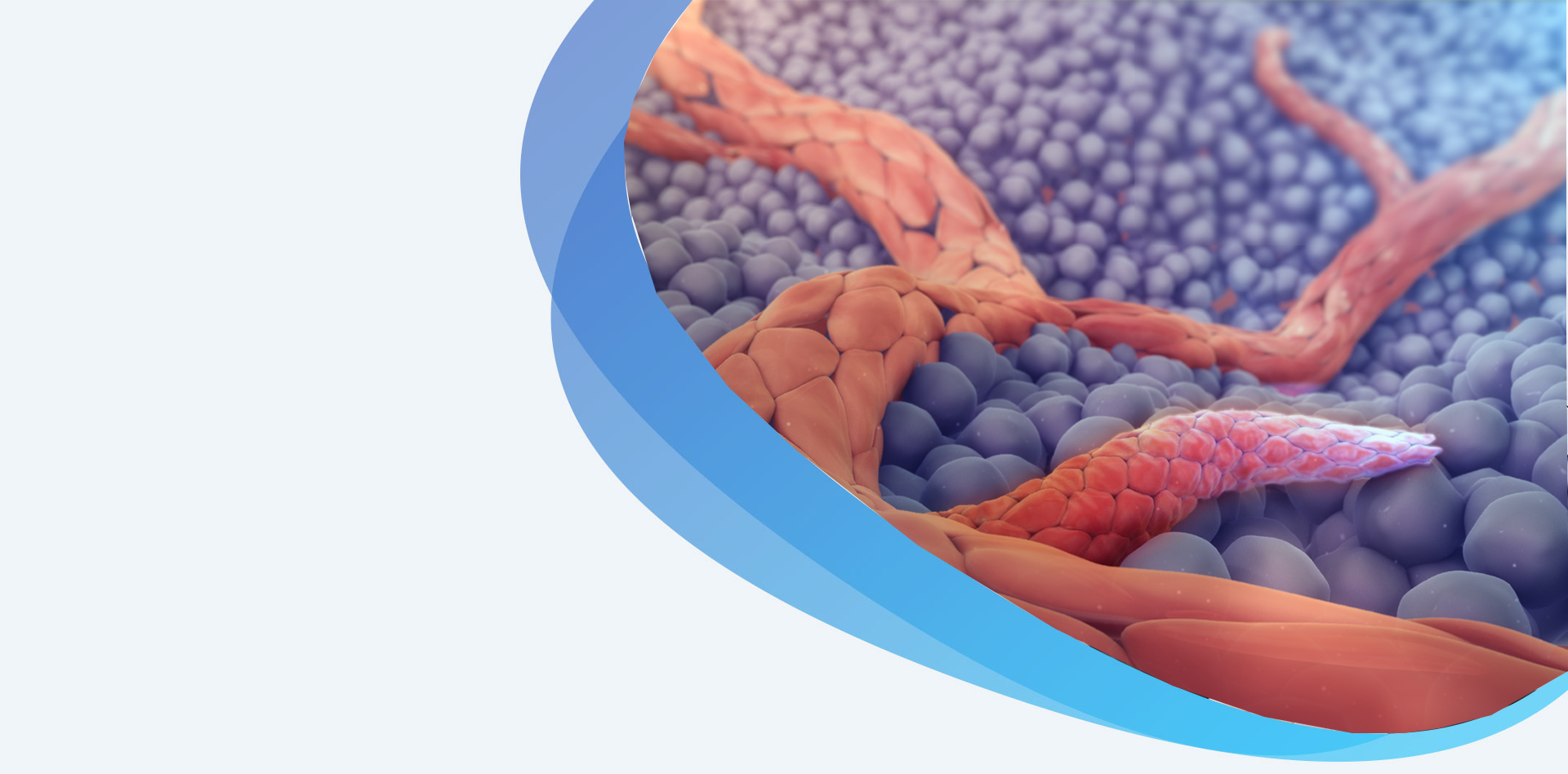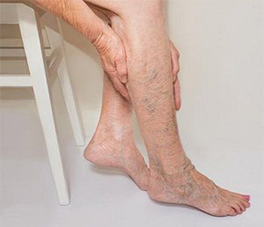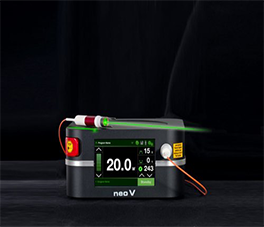Wounds-Growth Factors


Any wound that has not healed beyond 4 weeks is to be considered a chronic wound. It is estimated that 2% of an urban Indian population is suffering from a chronic wound at any given point of time. That is an enormous number and in a city like New Delhi we are talking about 250,000 patients having chronic wounds on any given day.
The cost of treatment and loss of both quality of life and the death caused is staggering. Most patients suffering from a chronic wound have never had a scientific evaluation of their condition and keep moving from one doctor to another, losing money and patience as the condition keeps waxing and waning.
The Clinic is one of the foremost centers of excellence in the management of chronic non-healing wounds. We are often the final destination for patients who have lost hope over weeks, months and years. We bring to fore our dedicated team of Vascular Surgeons, General Surgical Specialists, Plastic Surgeons, Metabolic Disease Experts, Wound Care Nurses, Advanced Wound Management Protocols, Cutting Edge Technology like VAC, HBOT, Stem Cells & Targetted Growth Factor Delivery to achieve healing rates as high as 95%.
There are several factors that affect wound healing and contribute to the development of chronic wounds. Some the common factors are:
Each and every one of these factors are in itself enough to create a non-healing wound. However it is seen that all these factors are mutually contributive and usually it is a combination of factors that lead to the development of a chronic wound.
Of the above mentioned causes, the largest contributors to poor wound healing is Diabetes & Poor Blood Flow. Most cases have had no evaluation of regional blood flow and blood sugar control is very poor.
Recombinant growth factors are proteins (polypeptides) that occur naturally in the body and are integral in the wound healing process. Research has determined that they stimulate cell growth and migration. Clinical efficacy has been demonstrated when they are used as an integral component of a comprehensive wound management program. Indicated for diabetic neuropathic ulcers in the leg. They are manufactured through recombinant DNA technology.

Becaplermin is a US-FDA approved molecule that is chemically Platelet Derived Growth Factor (PDGF) that has shown excellent results in Diabetic ulcers of the leg. Wounds treated with Becaplermin has shown upto 32% better wound healing rates in the very early stage itself and final healing rates better than standard dressings upto 90%.
It is important to note that this product has to used in very specific indications and is not found to be effective in varicose ulcers and pressure sores. It is therefore imperative that you use the product under the close follow-up of a Vascular Surgeon specializing in complex wound management.
The product is contraindicated in cases of neoplasms and in dicumented cases of hypersensitivity to components.
Regranex® Gel is an aqueous-based sodium carboxymethylcellulose gel containing 0.01% becaplermin, a recombinant human PDGF (rhPDGF) approved for topical use by the US Food and Drug Administration (FDA). It is indicated for the treatment of chronic DFUs, when used as an adjuvant with appropriate ulcer care practices such as initial sharp debridement, pressure relief, and infection control.

Fiblast® Spray is a commercially available recombinant human bFGF (rhbFGF) product that is indicated for decubitus and skin ulcers including burn and leg ulcers.
Commercially available medications containing recombinant human EGF (rhEGF) include Heberprot-P®, Regen-D™ 150, and Easyef®.
Heberprot-P® contains 75 μg of freeze-dried rhEGF and is administered intralesionally three times per week. It is intended for treatment of DFUs(Diabetic Foot Ulcers) to avoid lower limb amputations.
Regen-D™ 150, commercialized in India for DFU treatment, is a gel containing 150 μg/g rhEGF that is applied topically twice daily until complete healing. Easyef® is a dermal solution spray indicated for the treatment of DFUs.
Wound healing is a dynamic and complex process, and no single exogenous agent can effectively facilitate all aspects of the wound-healing response. Therefore, a combination therapy is required for successful cutaneous wound repair, and platelets have been used as a rich source of growth factors.
PRP (Platelet Rich Plasma) is defined as a portion of the plasma fraction with a high concentration of autologous platelets (at least one million per microliter plasma). Commonly, PRP is used in a gel formulation prepared via a two-step process: centrifugation of autologous whole blood to separate the plasma from packed red blood cells followed by centrifugation to separate PRP from platelet-poor plasma. The concentrate is further activated via the addition of thrombin or calcium, resulting in a platelet gel.

Patient reaching the Clinic have a thorough evaluation by our vascular surgery team that includes a detailed medical history and clinical examination. The wound is photographed and mapped for all future references. The patient will have to undertake basic lab investigations directed at their general health status and metabolic parameters like sugar control, thyroid hormone levels etc.
The next step of the velauation involves targetted investigations like pus for culture and sensitivity, helping us decide the need for antibiotics if any, and the type of antibiotics to be used. The patient may need to undergo vascular evaluation with a Doppler Scan in case it seems that the blood flow to the affected area is subnormal.
Once all these necessary information is compiled our multi disciplinary team decides on the wound managemnet strategy and the need for surgical debridement, specialized dressing, antibiotic therapy, diet planning, diabetes control, growth factor injections, and follow up care.
Chronic wound management is a multi-step process requiring repeated clinical visits and the need for dressing changes and surgical procedures may be needed. The patient is compassionately counselled reagarding their treatment plan and is kept abreast of the improvements and clinical conditions.
For patients who have difficulty in commuting and who have completed the necessary in-clinic/in-hospital steps, our wound care nurses and VAC technicians can conduct home visits and do the dressings in the comfort of your home.